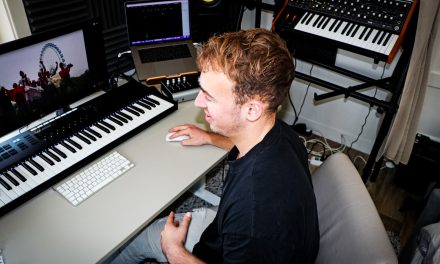As new studies re-emphasize the narrowing of the global attention span in the last decade -since the introduction of the smartphone – the boutique publishing house BESHU BOOKS represents a ray of hope, not only for Berlin´s current dull city center due to the still prevailing corona restrictions, but also with regard to our print-starved brains. Following an innovative publishing concept, they reveal content that matches the current Zeitgeist: publications with 120-140 pages, readable in 90 minutes. Books in feature-length. Founder Shila Behjat talks about the ambivalent role of books in today’s society and how we can avoid obtaining the attention span of a Goldfish.
With the aim to fuse the consultancy, publishing, and an affiliated bookshop into one unit, the publishing house decided to go back to the roots, reviving an idea that is as old as publishing itself: “almost every major publishing house in Germany essentially started as an office combined with a connected direct sales department. The books were printed in the back and sold in the front. Similarly, we also have a one-stop principle, where we offer all services around books, which also includes mentoring authors on their way to write a book in the first place. A customized counsel one might only find in a Boutique.”
Their Boutique publishing concept is not the only distinct thing, their publications are also tailored to the needs of our current society living in the information age. While the digital shift certainly provided groundbreaking innovations that benefit our lives, the day-to-day engagement with technology also represents some enduring drawbacks: “It´s just as suspected, and the correlation to the digitalization is not surprising either. Our information is predominantly presented in short, compressed stimuli, which in turn has led to a shortened attention span over the last 15 years.”
According to a study from researchers at the Technical University of Denmark, the best way to increase our attention span again and strengthen different neurological points is to dedicate ourselves to read a printed book, solely focusing on reading without being confronted with any additional impulses. And no – digital books, therefore, don´t count.“It’s not about immediately starting to read Tolstoy again – that´s great too – but instead, it should be adapted to our modern way of life and capable of being integrated into people’s busy daily grind.” Besides the importance of reading as an exercise for our brain, with their publishing concept Beshu Books puts emphasis on the psychological effect: “If you realize reading a book from cover to the front is actually feasible, and it would only take you as long as it takes to watch a movie on Netflix, it´s less daunting than a large heavy book with 500 pages, that perpetually lays on your nightstand, gazing at you punitively.”
While printed books are classified as a cultural asset, the role of books in society at the present time is characterized by ambivalence: on one side, the majority of people share the notion of books having great significance for one’s personal development as well as society at large. Purchasing books, however, is not as en vogue as talking about them. “If we look at what people spend their money on, books are at the other end of the spectrum, they are considered to be luxury goods”, Behjat points out. As a boutique publishing house, they want to further enhance the status of books as being something that surrounds us again, picking up on a Japanese concept that accredits a positive effect on the human body and mind when merely being surrounded by books. “Beyond knowledge, books can feed your soul. Thus, e-books and printed books are two different pairs of shoes.”
A boom in Berlin´s book market during the pandemic, e-books just don´t smell as nice
With all the ambiguity as one lockdown follows the next, the pandemic has certainly underlined the relevance of books. In May 2020, a study by the UNESCO revealed that reading has increased during the first lockdown already, across the globe. Additionally, the exhaustion and tiredness of the abundance of digital activities, that the corona restrictions entail, is reaching its peak. This is also highlighted by the changing definition and enhanced prominence of the bookshop: “Contradictory to popular belief, we observe a reinforced relevance of the experience a bookshop can provide. Especially in Berlin, where bookshops were allowed to remain open for the majority of the time, there was a wave of new store openings.”
While there has been a lot of discussions about the fundamental meaning of books in the public sphere, there is also a shift of publishers and bookshops towards being a “second living room”, a cultural hub, and a place of exchange.
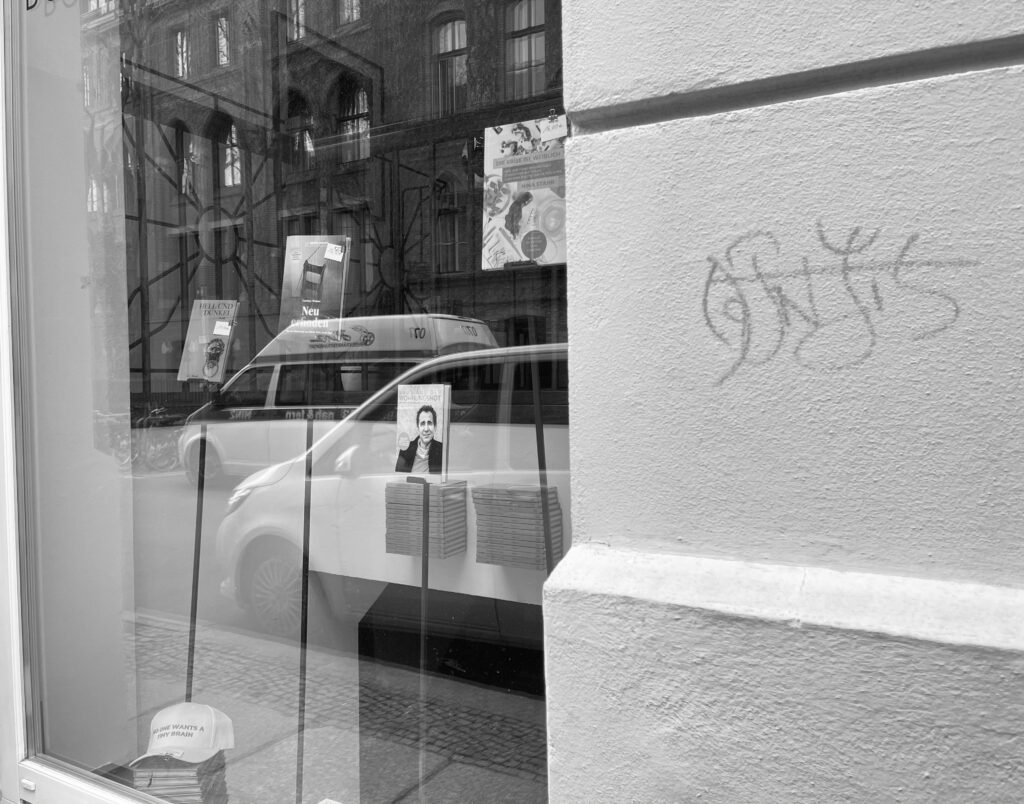
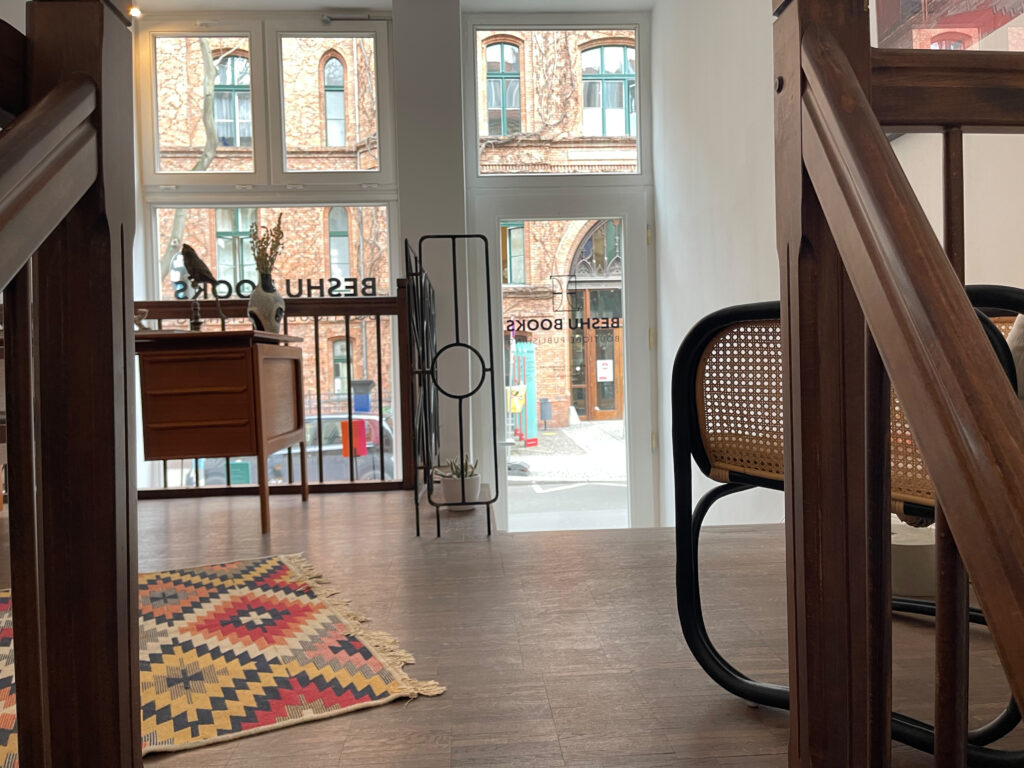

“I´ve never been a big reader, but not even the newest, most innovative Zoom feature can excite me anymore. I would rather pick up something tangible like a book than stare at my laptop for any longer”, relates Giara Brown, an event manager from Berlin.
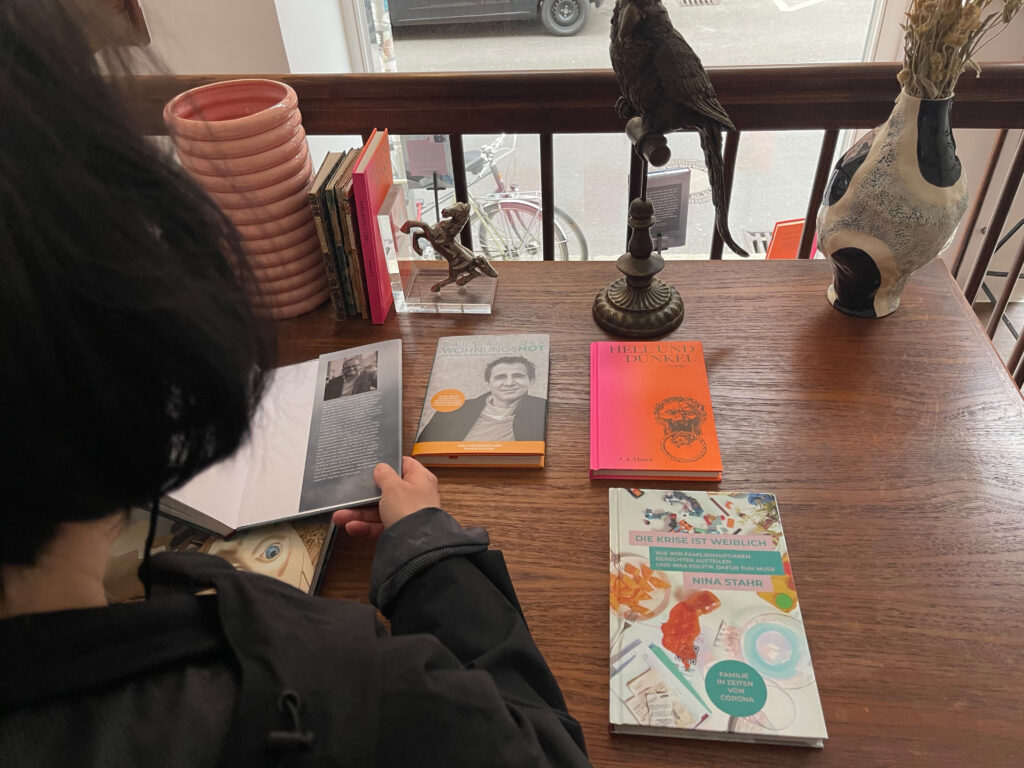
“We want to persuade people to read more in general, while reducing the pressure of having to prioritize one interest or hobby over another, by raising awareness and developing campaigns, beyond our books”, explains Shila Behjat.
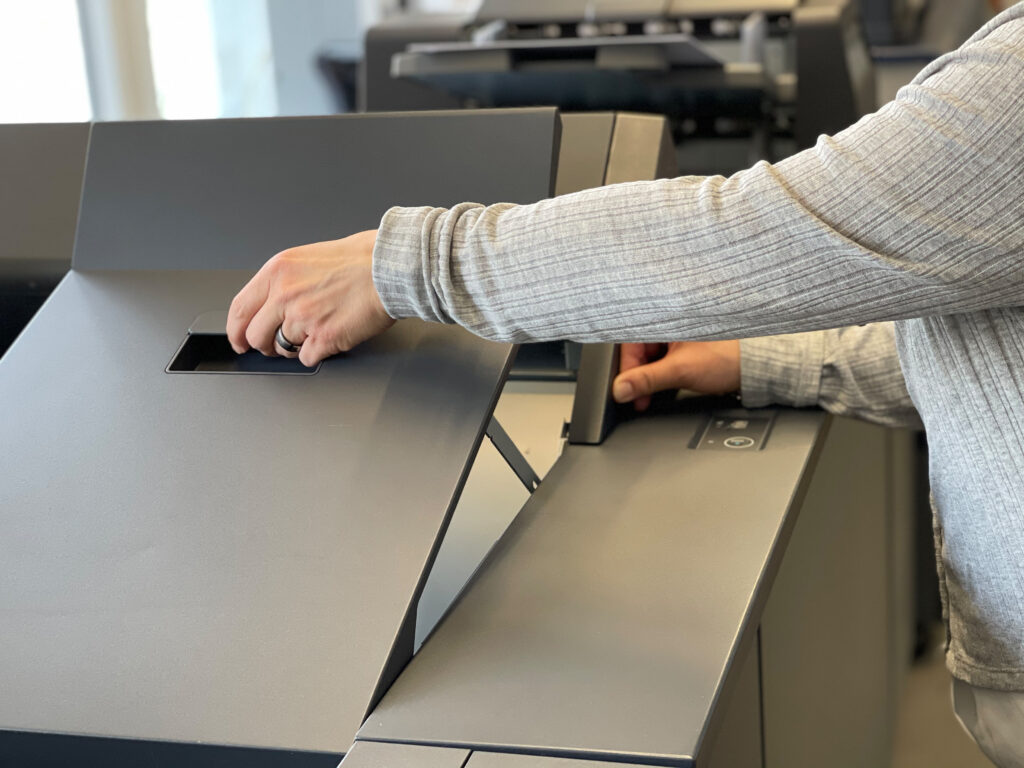

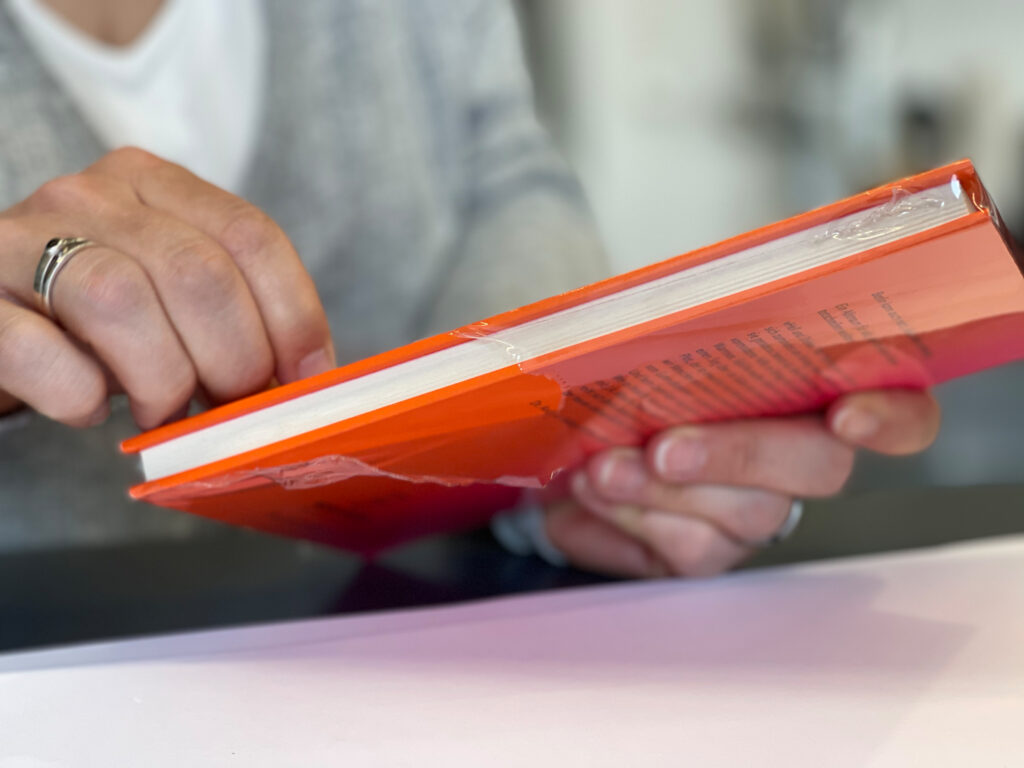
“Regardless of the originator of the topic, it should be accessible to everyone.”



